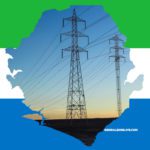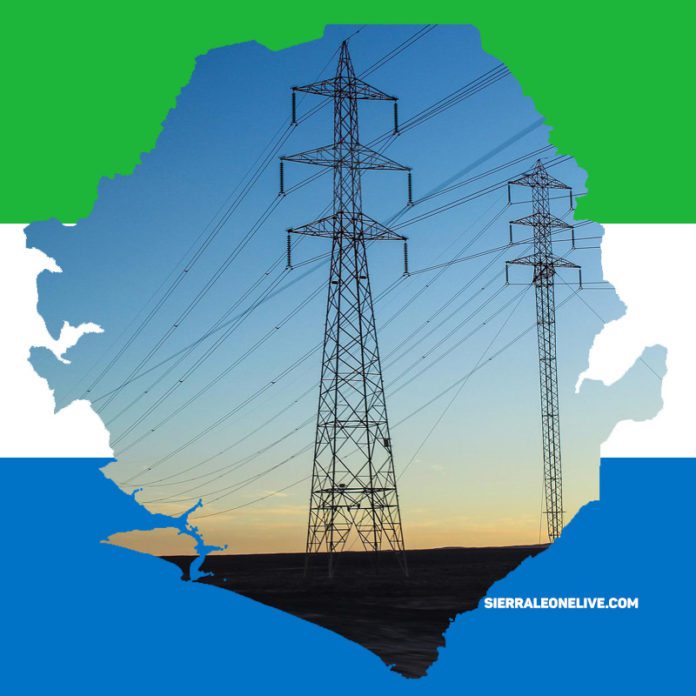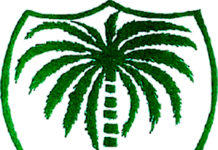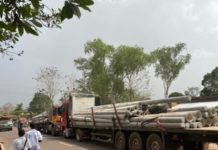
By Mahmud Tim Kargbo
An increase in electricity tariffs in Sierra Leone is presently inevitable as the cost of generating electricity has increased sharply and quickly around the globe, but the needs of certain groups are considered by the government of Sierra Leone through the Hon. Minister of Energy Chief Alhaji Kanja Sesay when he was making the case for an increase in energy tariffs to the Sierra Leone Electricity and Water Regulatory Commission.
Current rising tariffs are unavoidable due to a combination of surging energy demand, fuel supply disruptions, and the growing shortages of oil, gas, and coal globally that have caused global energy prices to skyrocket. It’s clear that the current changes in prices in Sierra Leone and across the globe generally reflect variations in electricity demand, availability of generation sources, fuel costs, and power plant availability.
See the following sites for discussions on the rising cost of energy:
https://www.bbc.com/news/uk-northern-ireland-58558645, https://www.oecd.org/newsroom/consumer-prices-oecd-updated-4-may-2022.htm,
https://www.iea.org/commentaries/what-is-behind-soaring-energy-prices-and-what-happens-next
Regionally, Nigeria and Ghana have revised their tariffs in response to the perfect storm in the power market, in which the Ukraine war, ageing coal sector and the Covid-19 pandemic have all combined to result in a higher demand for energy; and Liberia, Ivory Coast and Guinea are not immune from the ripple effects arising from this ongoing situation.
See the following:
https://www.vanguardngr.com/2021/11/electricity-tariffs-increase-may-push-nigerians-to-the-wall-gani-adams/
But the Hon. Minister of Energy Chief Alhaji Kanja Sesay, whilst making his case for the current tariffs increased, was quite aware that measured or gradual action must be put in place to ensure that the low-income groups and micro, small, and medium-sized businesses, already feeling the pinch from rising costs, are not seriously hit with another price shock with his Ministry’s local electricity tariffs revision.
With the twin shocks, many economic analysts were expecting the current tariff rate to be higher than the present revised prices for households since the Electricity Distribution and Supply Authority (EDSA) is currently facing higher energy production costs due to rising gas prices.
At the end of last year, the price of fuel per barrel averaged $62.26, but surged to $107 (NLe 1,391) per barrel, $45 up per barrel by the end of 2021. Fuel accounts for 75% of Sierra Leone’s key source of electricity
(EDSA) has to make sure the business is sustainable (as a corporate entity), but the Hon. Minister of Energy ensure there is some form of targeted reduction for the suffering majority with regards to the electricity tariffs. The Hon. Minister of Energy suggested to the energy regulatory board that the government should intervene and provide rates for EDSA over the short term to ensure the suffering majority are not overburdened with the revised tariffs hike.
The Ministry is also seriously looking for ways EDSA can diversify its fuel sources and, over the long run, focus on renewable energy sources such as solar, hydro, and biofuel.
According to many economists within and beyond, the tariff increase in Sierra Leone is unavoidable due to international market factors beyond Sierra Leone’s control, but reducing the cost to the suffering majority is avoidable, and the Hon. Minister of Energy believes the cost should be covered by electricity companies, which are seeing higher revenue and profits as economic activities pick up.
Tariff increases are leading to higher inflation because they affect all prices. The last time this happened, it added more than 0.5% to inflation. This disproportionately affects low-income individuals and large families. This is more of the reason the Hon. Minister of Energy stoutly believe the suffering majority must be protected with a slight increase in their tariffs despite the current twin shock the world is presently facing
The Hon. Minister of Energy rejected the idea of instilling good electricity practices because rationing and consumer behaviour are difficult to manage when large families are involved especially with the suffering majority.
The Hon. Minister proposed to the energy regulatory board that the government step in with a slight increase in the tariffs of the suffering majority to alleviate the burden on consumers.
Furthermore, the tariff structure was adjusted so that the burden of higher fuel prices is borne by firms and households that can afford higher tariffs. The Hon. Minister of Energy believes it is critical that low-income groups, micro, small, and medium-sized businesses, already under pressure from rising costs, are not subjected to another huge price shock.
According to him, tariff increases should be phased in.



